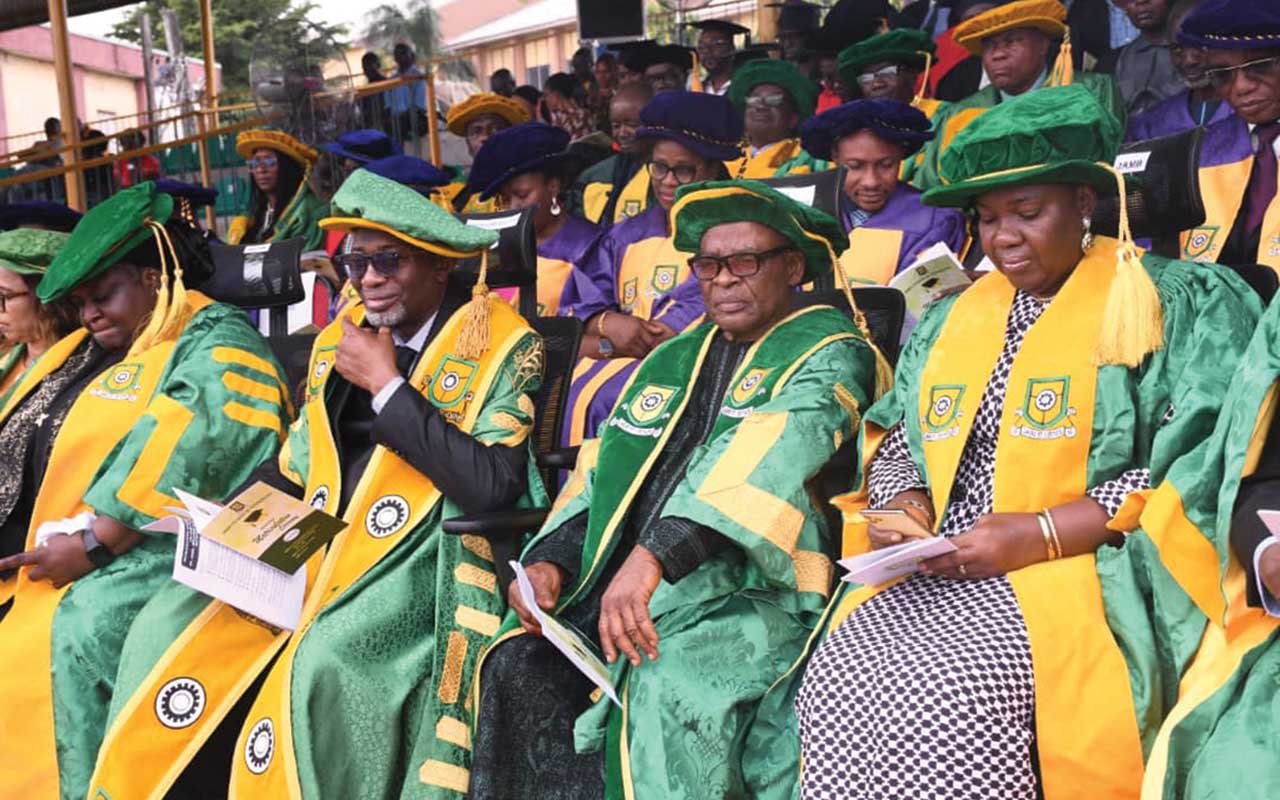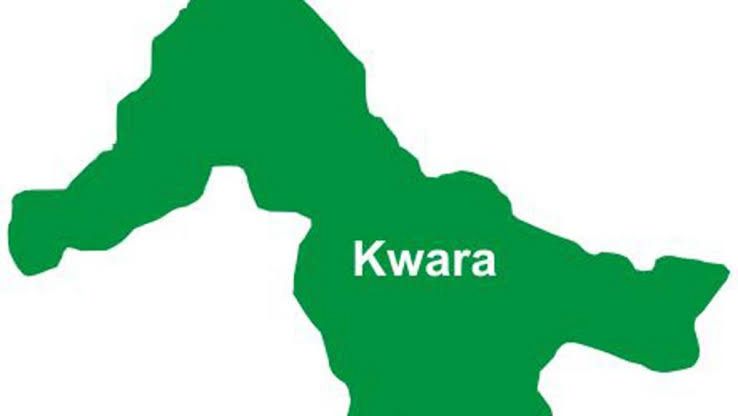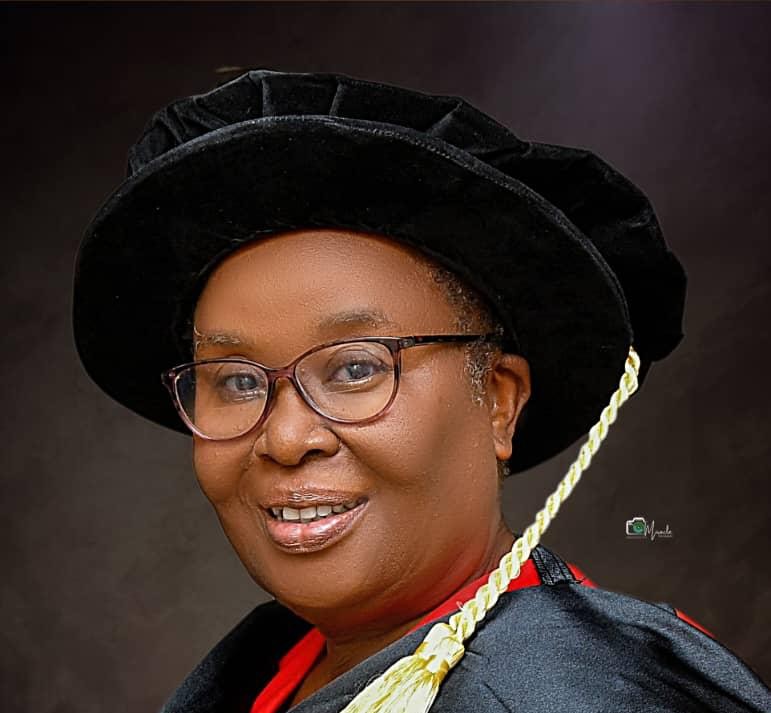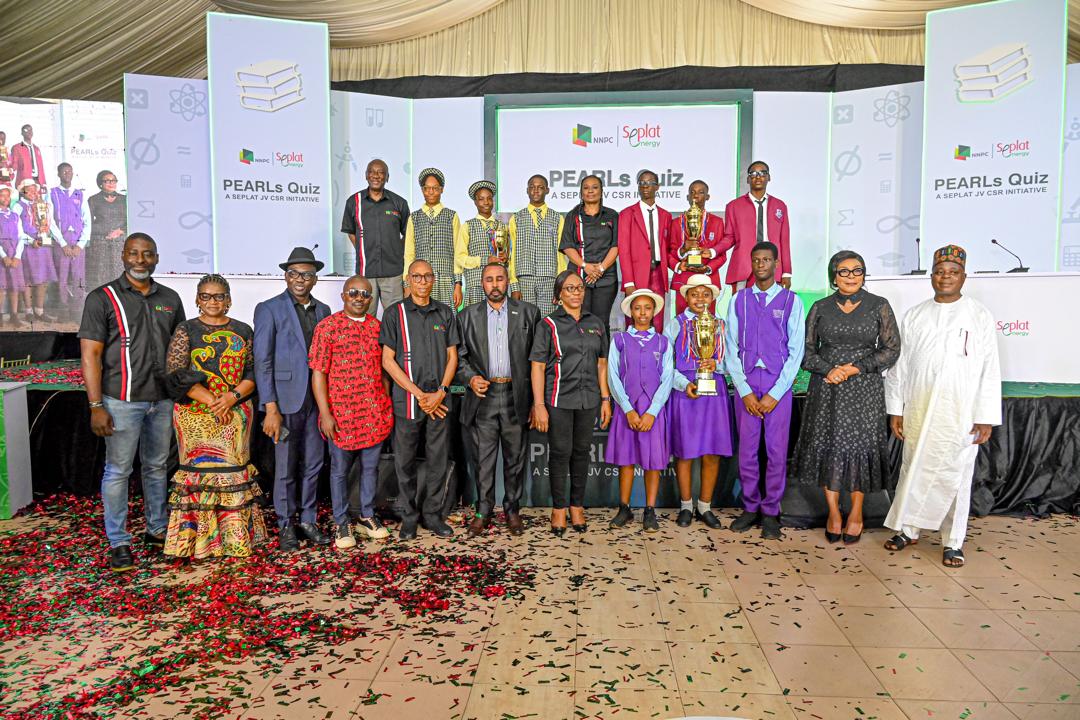The Rector, Yaba College of Technology (YABATECH), Dr Ibraheem Abdul, has charged Nigerian academics to embrace global best practices in research writing and publication to enhance institutional visibility, national development, and academic excellence.
Abdul, who made the call at a workshop organised by the Centre for Research Support and Grants Management at the college, emphasised the need for Nigerian researchers to align with global publishing standards and contribute meaningfully to knowledge production.
Participants at the workshop are scholars, lecturers, and early-career researchers across various disciplines in the service of the institution.
Abdul, who was represented by the Deputy Rector (Academics), Dr Ismaila Badmus, noted that in this age of global competitiveness, research must go beyond mere documentation to solve real-world problems, attract international recognition, and impact society.
In her presentation, the guest lecturer, a renowned Professor of Plant Systematics and Conservation at the University of Lagos (UNILAG), Temitope Onuminya, shared insights into strategies for producing high-quality, publishable academic work.
She highlighted reasons for manuscript rejection, stressed the importance of originality, and encouraged researchers to embrace ethical writing practices and peer-review culture.
“Publication is not just a requirement; it is the currency of academic relevance,” she noted.
The Director of the Centre for Research Support and Grants Management, Dr Funmilayo Doherty, welcomed participants and reiterated the centre’s mission to build a research-intensive community at the college.
She said: “We are committed to providing continuous capacity building that empowers scholars to write, publish, and win grants. The goal is to position YABATECH not just as a teaching institution, but as a leader in applied research and innovation.”
The workshop featured technical sessions on crafting strong abstracts, avoiding plagiarism, selecting appropriate journals, navigating rejection, and leveraging data for impactful writing.






